Oil on canvas, signed lower right
60 × 84.5 cm Salon de Lyon 1867 n° 112 The Woodcutter
"Seeing from a few steps away the remarkable canvas by M. Blanc-Fontaine, before having grasped the details, I remembered this fragment of the inimitable songs of melancholy that Lamennais, that great poet, entitled: A Voice from Prison. "He had lit near the embankment, at the edge of the wood, a heather fire and, sitting on the moss, the poor child, he was warming his hands with the crackling flame."
But, no. I'm getting closer, it's not quite that. It's the scene, not the actor. Here is the deserted place, the wood, the embankment, the fire, if not of moss, at least of branches: but how far this deserted place is from inspiring sadness! How captivating its charm in this delicious autumn landscape that stretches into the distance, in these pruned woods with yellowed leaves that rise in tight phalanxes to the heights! What a clever harmony of colors, what tranquility that one can always point out as salient in even the most filled works of this skillful artist! I have not yet spoken of the characters, of the character I should say, because there is only one. It is a poor woodcutter who shelters under the imposing vault of a cave that forms the foreground of the painting. He is cooking the food that will form his meager meal. His axe is there against the walls of the rock that attest to a hard labor accomplished or to be accomplished. If it were not for the captivating perspective of the last shots that attracts and charms, one could, at the sight of this poverty, this isolation, the conditions of this painful and hard work, think of this terrible, almost Dantesque portrait of the poor woodcutter all covered in branches by Lafontaine. If such is the thought of Mr. Blanc-Fontaine, which we cannot suppose, he would not have, according to our impressions, achieved his goal; because, in front of this calm, dreamy and laughing autumn landscape, I began to envy the fate of his woodcutter." AB Le Dauphiné. November 1866



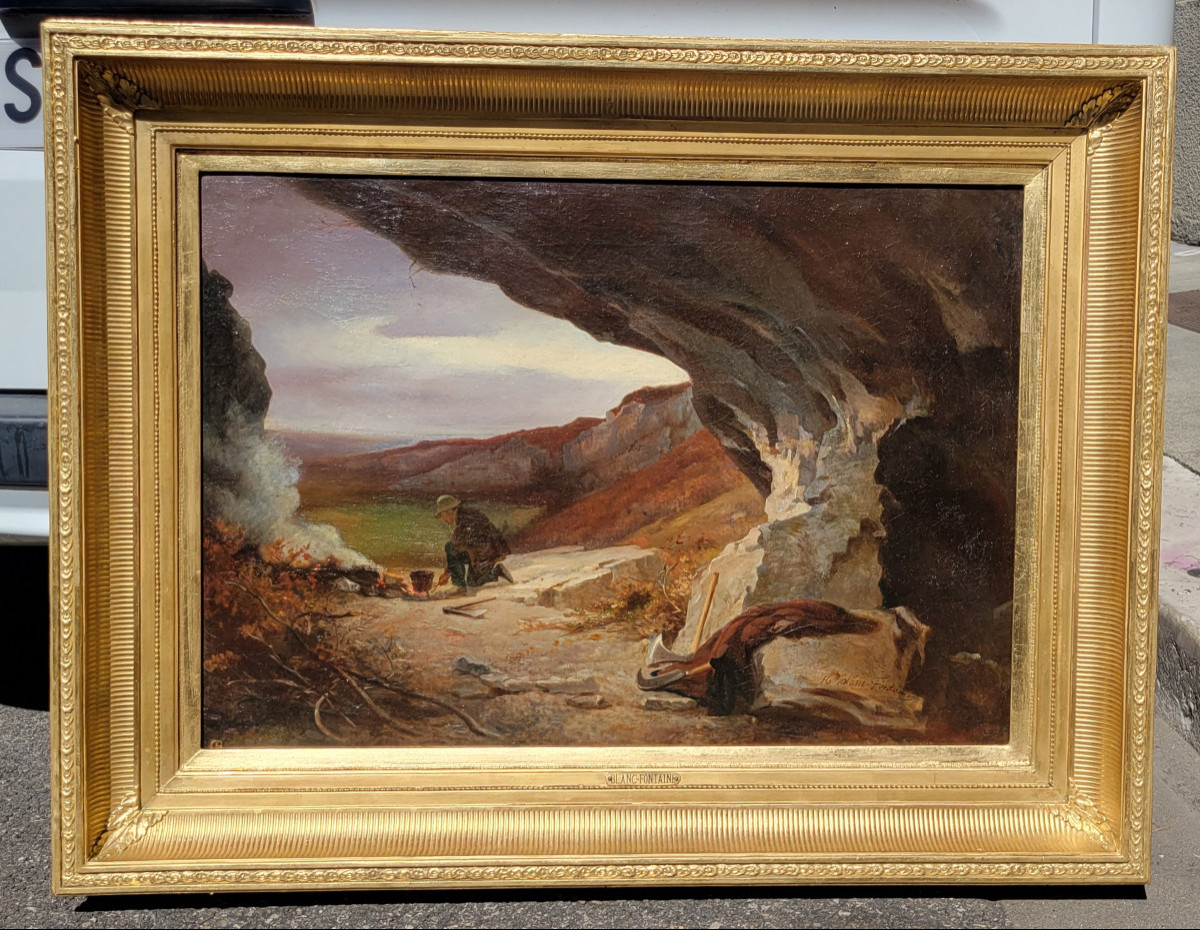



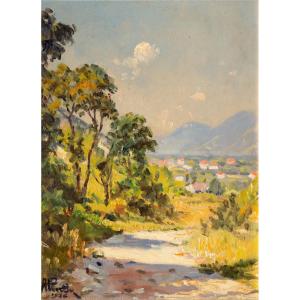

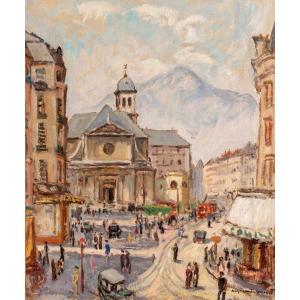
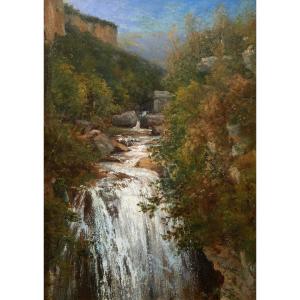



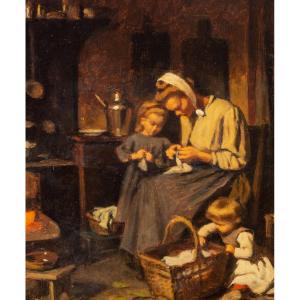

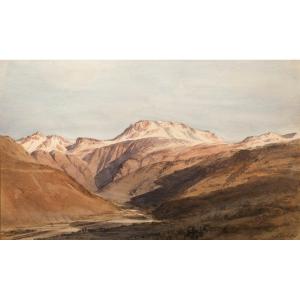
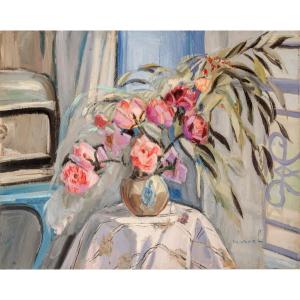

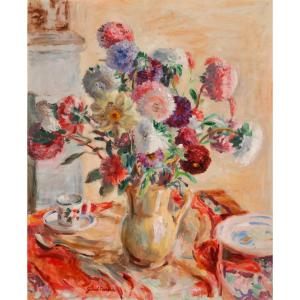

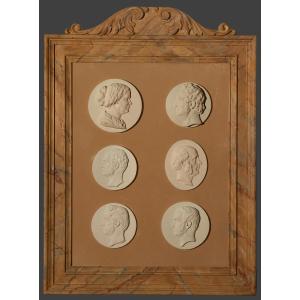
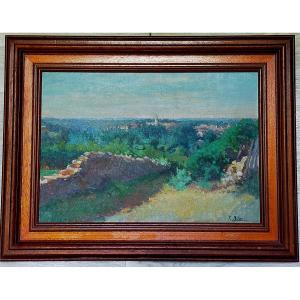
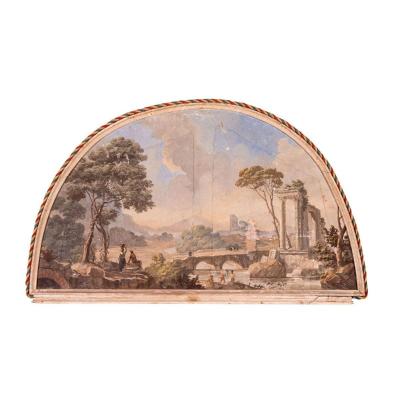

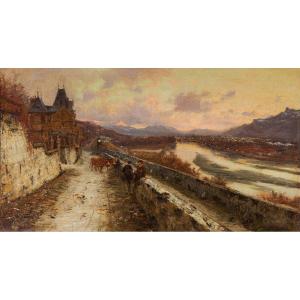




 Le Magazine de PROANTIC
Le Magazine de PROANTIC TRÉSORS Magazine
TRÉSORS Magazine Rivista Artiquariato
Rivista Artiquariato